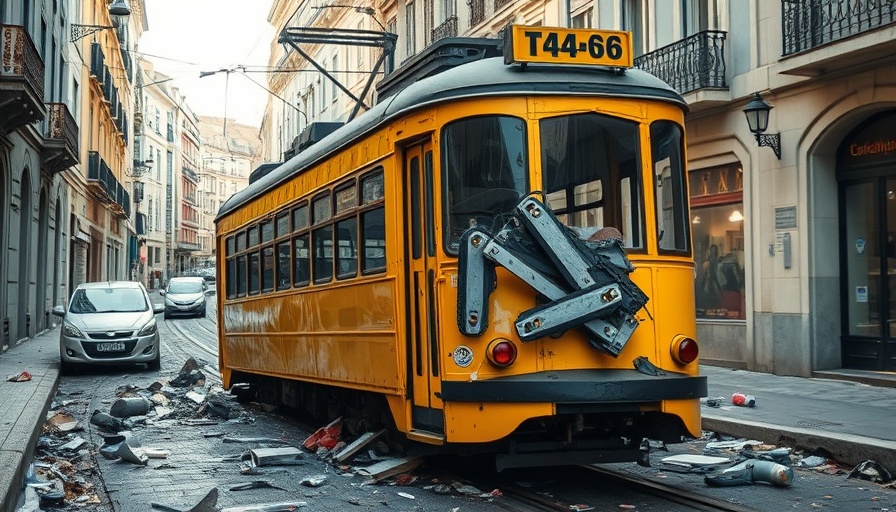
The Humanitarian Crisis in Gaza Worsens
In a tragic report, Israeli military actions have led to the deaths of at least 67 Palestinians who were in dire need of aid in northern Gaza, as stated by the Hamas-run health ministry. This incident underscores the deteriorating humanitarian situation within the enclave, marked by extreme hunger and inadequate access to essential supplies.
The Impact of Hunger and Violence
The UN World Food Programme highlighted that its convoy, consisting of 25 trucks, faced gunfire from Israeli forces as it attempted to deliver critical supplies to a desperate populace. Reports reveal that many civilians are at serious risk of starvation, with the UN warning that some are clinging to life by consuming only water and salt. In total, 88 Palestinians have been reported killed on this grim day alone.
Medical Facilities Overwhelmed
Medical facilities in Gaza, such as Shifa hospital, are struggling under the weight of casualties. The medical director reported that the hospital is overwhelmed with injured individuals, forcing them to redirect patients to field hospitals. This scene paints a harsh reality of the ongoing conflict, where humanitarian needs are consistently overshadowed by violence.
Urgent Calls for Action
The consistent pattern of deaths surrounding aid distribution points raises critical questions about the safety of humanitarian operations in conflict zones. The Israeli military defended its actions by claiming warning shots were fired to dissipate threats. However, numerous casualties during aid-seeking activities prompt a necessary dialogue on safeguarding civilian lives amidst military engagements.
With calls from the UN and various organizations for an urgent influx of essential goods to Gaza, it is crucial for the international community to respond to this humanitarian crisis effectively. Every day, the numbers of affected individuals rise, but the hopes for peace seem further away.
 Add Row
Add Row  Add Element
Add Element 



Write A Comment